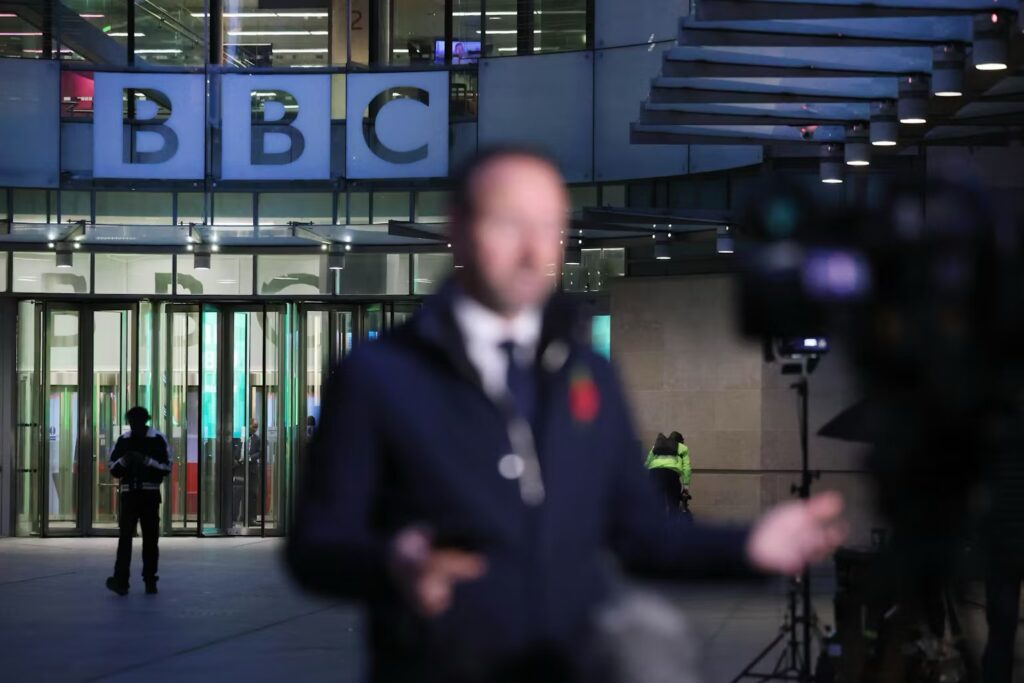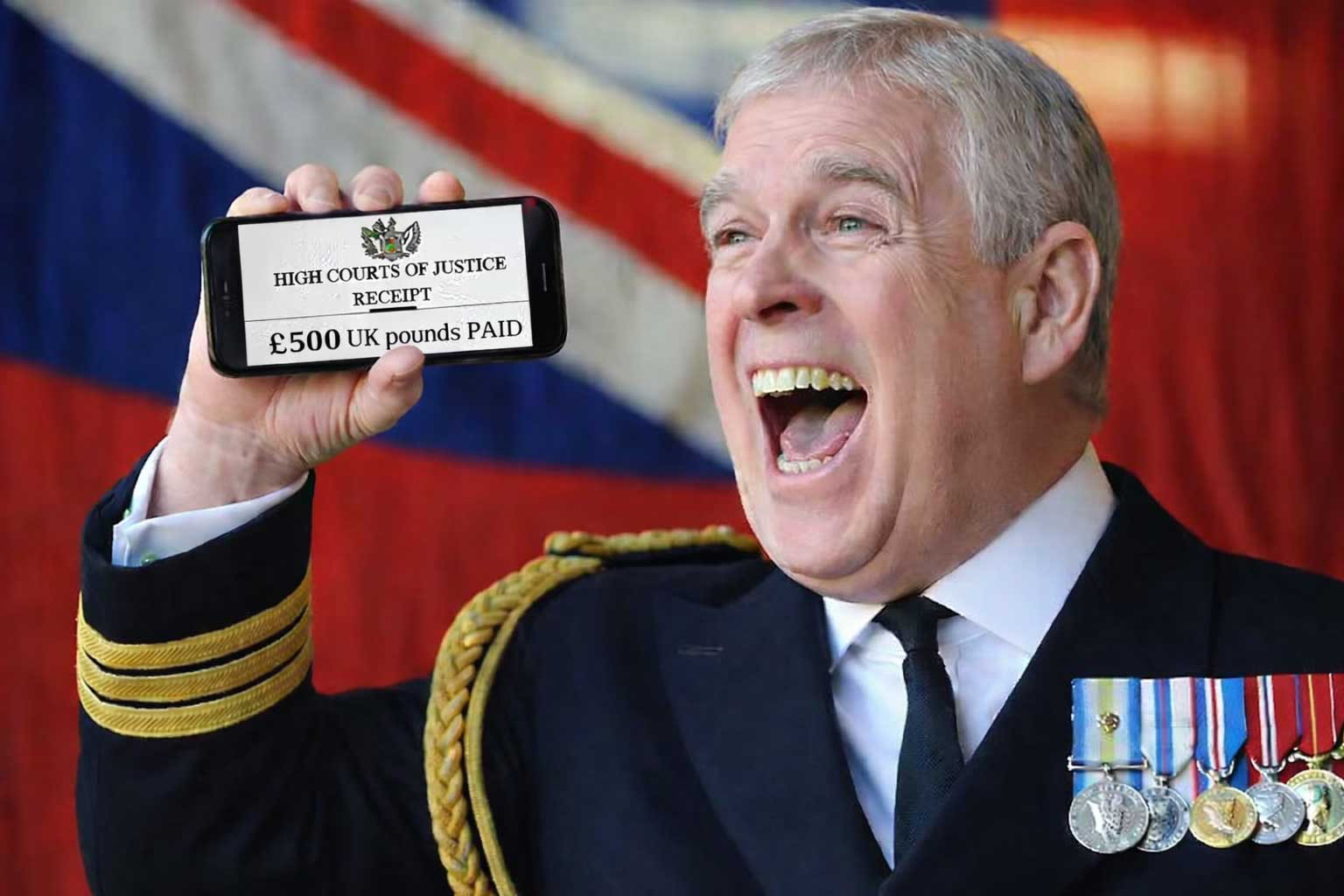BBC is grappling with a cascade of challenges: mounting financial strain, a controversial internal memo alleging systemic editorial bias, and the resignations of senior leaders. The leaking of an 8,000-word report by former adviser Michael Prescott described “serious and systemic problems” within the corporation.
Funding Model Is Unravelling
A parliamentary report concluded the BBC lost more than £1.1 billion in potential licence-fee income during 2024-25—driven by a 12.5% evasion rate (£550 million) and 3.6 million households declaring a “no licence needed” status (£617 million). At the same time, the broadcaster’s funding face-lift plan includes a target of £700 million in savings by 2028, of which only £564 million had been achieved by 2024-25.
Editorial Failures Trigger Leadership Collapse
The memo by Prescott alleged that BBC editors manipulated footage of Donald Trump’s speech and that coverage of the Israel-Hamas conflict and transgender issues showed bias. In response, BBC Director General Tim Davie and News Chief Deborah Turness resigned.
Staff Morale and Trust at Risk
According to internal sources, some newsroom teams described morale as “the lowest in decades,” with workloads increasing and structural oversight faltering. One senior lawmaker told Reuters: “If viewers and listeners no longer can have confidence in [the BBC] then that is hugely damaging.”
The Path Ahead: Reform or Reinvention?
As the BBC approaches its 2027 charter renewal, the organisation faces critical decisions: reform its funding model (potentially replacing the licence fee), overhaul its newsroom culture, and reaffirm its role in a media landscape dominated by streaming platforms.
With £1 billion+ in lost revenue, unanswered internal warnings, and a visible leadership shake-up, the question remains: can the BBC rebuild trust and relevance, or will it be forced to redefine its mission in a shifting media era?





















